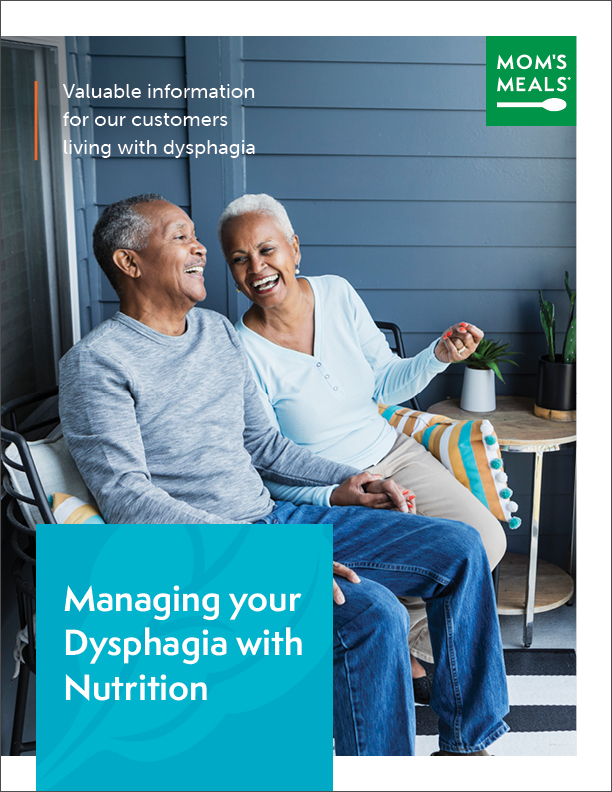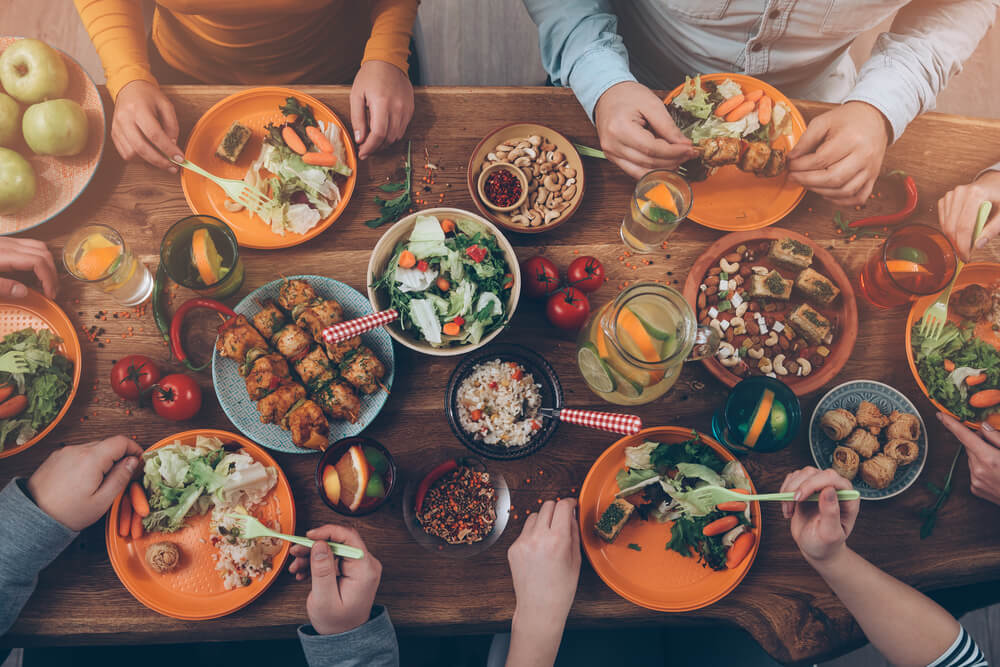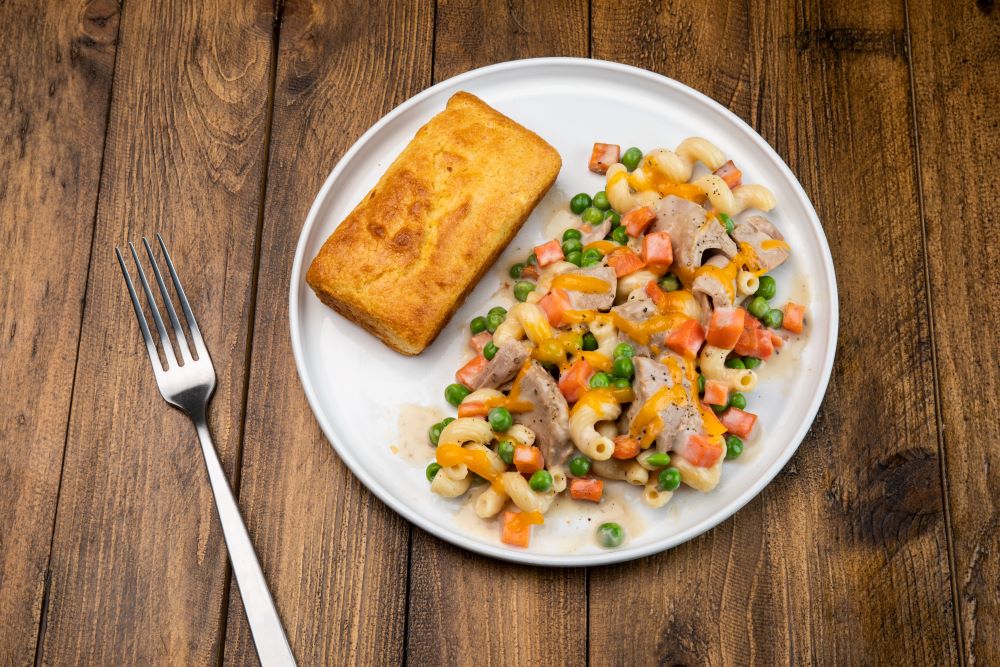Getting the right nutrition is important for people with cancer. Eating the right amount of the right foods can help patients heal, fight infection, increase energy levels and regain strength.
Before treatment
It is unknown what if any side effects someone will have during treatment. And nobody knows if they will have eating issues after treatment ends. A nutrient rich diet and maintaining your weight before treatment can:
- Help you to stay strong
- Lower risk of infection
- Better cope with possible side effects
- Heal and recover faster
During treatment
Most people should have a healthy diet that includes:
- Eating plenty of fruits, vegetables and whole grains
- Eating a moderate amount of meat and dairy
- Avoiding too much fat, sugar, salt and alcohol
You might need to change your diet, but this may not apply to those who are undergoing cancer treatment. Cancer and treatment can change how your body handles food and absorbs nutrients.
According to the National Cancer Institute some tumors change how the body uses certain nutrients. For example, tumors in the stomach, intestines or head and neck, may affect how your body absorbs and uses protein, carbohydrates (carbs) and fat. A patient may seem to be eating enough, but the body may not be able to absorb all the nutrients it needs. This can increase the risk of malnutrition. The lack of key nutrients can cause the patient to feel weak, tired, unable to fight infection or finish treatment. Malnutrition can get worse if the cancer grows or spreads.
You might need to change your diet to get the nutrients you need to stay healthy. For example, cancer in the mouth and throat may cause swelling and lead to painful mouth sores. So soft, high-calorie, high-fat options may be needed. Some good options are smoothies and cream-based soups. This can help to build strength and maintain weight.
Eating challenges
Eating difficulties are not uncommon among patients with cancer. Treatments like chemotherapy, radiation or surgery can interfere with the ability to chew or swallow food. Problems swallowing (dysphagia), can include:
- Choking or coughing while eating
- Difficulty and pain while swallowing
- Feeling like food is stuck in the throat
Cancer can cause issues that may be mild or severe. Especially in those with mouth, throat or esophageal cancers. This may cause the passages to tighten or narrow.
Poor appetite or loss of appetite are common side effects from cancer and treatment. If appetite loss is ongoing, it can have serious impact like weight loss and malnutrition. Patients may struggle with anorexia and cachexia if malnutrition is long lasting. Anorexia is the loss of appetite or desire to eat. It may occur early in the disease or later if the cancer grows or spreads. Cachexia, also called wasting syndrome, goes beyond only loss of appetite. It involves changes in the way the body uses proteins, carbs and fat. It can lead to loss of body fat and muscle.
After treatment
Once treatment ends, many cancer survivors look to take charge of their health and wellness. Patients may need to lose or regain weight. Or they may need to put on lean muscle mass that was lost during treatment. A healthy diet after cancer resembles a preventive diet. Healthy eating is essential for:
- Recovery and healing
- Regaining strength and energy
- Managing ongoing side effects
- Reducing risk of a future cancer diagnosis
Mom's Meals® can help
Convenient cancer support meal delivery
Proper nutrition is vital for those with cancer. We offer a Protein+ menu with at least 25 grams of protein and 600 calories to address the nutritional needs of cancer patients who require a high protein diet.
Each ready-to-heat-and-eat meal on the menu is created with input from registered dietitians specializing in oncology and follows the American Institute for Cancer Research guidelines. A pureed menu is also available for those who have difficulty swallowing.
Free brochure: Managing Your Dysphagia With Nutrition
Learn more about dysphagia and get helpful tips. Getting the proper nutrition can help those with dysphagia live a healthier life.



